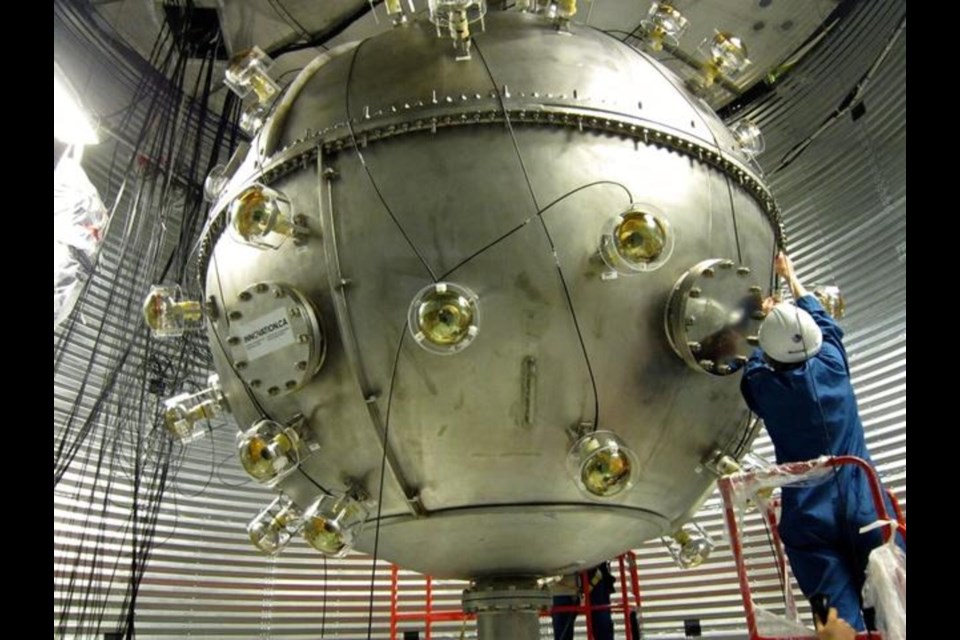A group of scientists set to conduct an experiment at Sudbury’s SNOLAB has garnered a New Horizons in Physics prizes for advances in the detection of dark matter.
The New Horizons in Physics prize is part of the 2021 Breakthrough Prizes, considered the “Oscars of Science.” The New Horizons prizes recognize early career researchers who have already had a substantial impact on their field.
The team at SNOLAB is conducting the SENSEI experiment, or the Sub-Electron Noise Skipper-CCD Experimental Instrument, a new dark matter detector that is able to detect interactions from very low-mass dark matter particles.
Dark Matter, so far observed only indirectly from its influence on other objects in the universe, accounts for about 80 per cent of the matter in the universe. Detecting it directly is one of the main goals of particle physics today.
The SENSEI team is made up of experimental and theoretical physicists working together on the cutting edge of dark matter research.
“It’s great to see the innovative technology and dedication of the SENSEI team recognized in this way,” said SNOLAB executive director Nigel Smith. “SNOLAB is looking forward to the deployment of the SENSEI detector at SNOLAB later this year, and continuing to work with the team to search for dark matter.”
The SENSEI collaboration already has some materials, like lead shielding, on site at SNOLAB and a team of SNOLAB scientists is working with the SENSEI team to assist with receiving, construction of the detector underground, and eventually commissioning the experiment. The goal is for SENSEI to begin taking data early next year.
